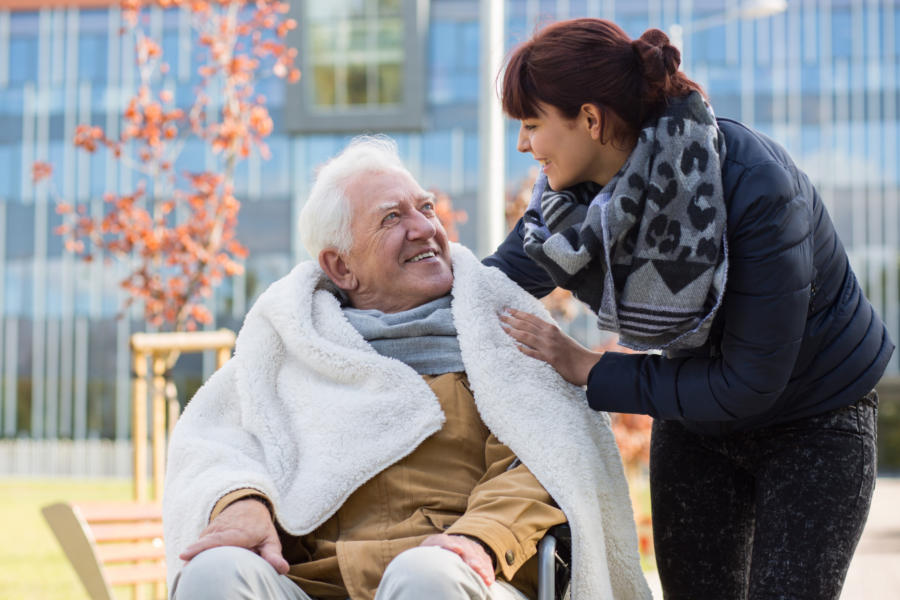As you get older, and watch your parents get older, it is inevitable that you’ll start to think about how they will cope with their day-to-day living. As the average living age increases, it is true that more and more of us are living well into our 80s and 90s, and many of our elderly relatives have to go into care homes, or make the most of professional care services in order to remain safe within their own homes.
Most people would prefer to stay within their own home than move to somewhere like a care home, and there are a range of solutions which can be introduced to make a home more suitable for elderly or disabled living, including stair lifts and walk in baths, which are best supported by professional care assistance.
What Are The Different Types Of Care Available For The Elderly And The Disabled?
Residential Care
This form of social care is long-term care given to people at live-in care homes, where they are personally cared for, from the moment they wake up to the moment they go to sleep. In a residential care home, they will receive all the care that they require and will have every meal cooked for them.
Typically, this type of care is for people who struggle with getting themselves dressed, washing themselves and cooking. This is often one of the most common choices, but it is only really used as a last resort, as it can be fairly expensive and is only used when other forms of care are not available.
Nursing Care
Nursing care is a form of social care which is becoming more and more popular all the time. This system features a nurse who is on-hand 24 hours a day to administer injections, medicine and ensure that the person is cared for. This can be provided at home, but is more common in nursing or residential homes. Nursing homes will offer accommodation, meals and provide qualified nurses 24/7.
Respite/Short Stay Care
Rather than permanently moving into residential care, this form of social care is dependent on a nursing or residential care home offering a period of up to four weeks, to give live at home carers a break. Often, they’re used for those recovering from an illness or an operation as a half-way house between the hospital and the home.
Domestic Care
Most people prefer to remain in their own home, with friends or family looking after them on a daily basis. In an ideal world, this is the best case scenario but this is often unsuitable either due to the severity of an illness, such as dementia, or the lack of family member/friend availability.
For those who are able to remain in their own home, however, they will often require adjustments to be made to ensure that they are comfortable within their personal space. Bathroom conversions, including walk in baths, disabled showers and more. Stair lifts are also a popular choice in multi-storey homes, but more people prefer single floor conversions which allow them to remain on the one floor of their home.
Walk In Baths And Bathroom Accessories From Bathtime Mobility
Here at Bathtime Mobility, we are proud to offer a diverse range of walk in baths and other bathing solutions which can help the elderly and the infirm to enjoy a high quality of life in their own home.
For more information on the variety of mobility-conscious bath accessories and features that we can provide, please don’t hesitate to get in touch today on 0800 29 22 110.

